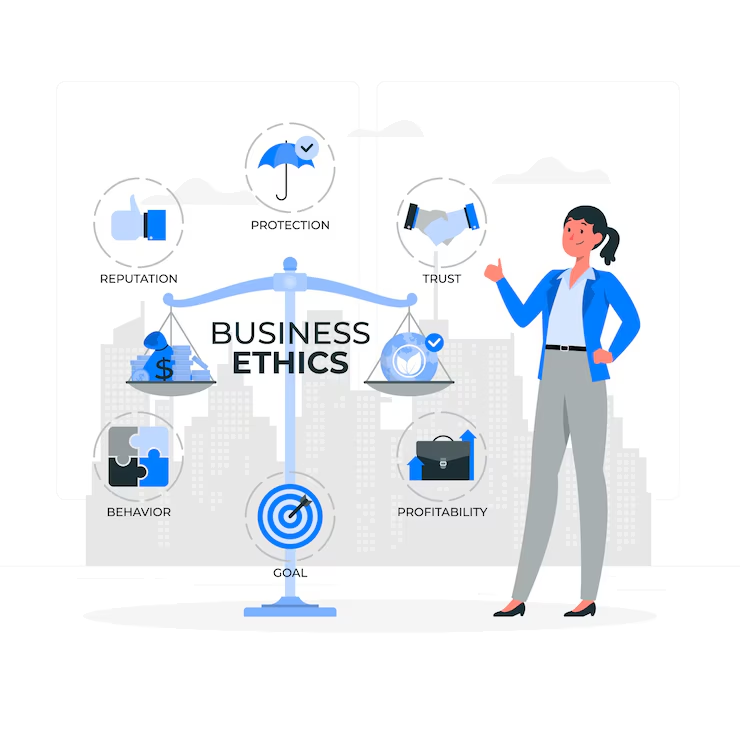When it comes to making informed decisions about where to spend your money or which company to trust, the Better Business Bureau (BBB) stands as a valuable resource. The Better Business Bureau is an independent organization dedicated to advancing marketplace trust by providing consumers with detailed information about businesses and helping resolve disputes. Whether you are a consumer seeking trustworthy companies or a business aiming to build credibility, the Business Integrity plays a crucial role in fostering transparent and ethical commerce.
What Is the Better Business Bureau?
The Better Business Bureau is a nonprofit organization founded over a century ago with a mission to promote honest business practices and provide consumers with reliable information. It acts as a mediator between consumers and businesses by offering a platform to file complaints and review Business Integrity reputations. The Better Business Bureau evaluates companies on various factors such as complaint history, transparency, and adherence to ethical standards to assign ratings that help consumers make safer choices.
How Does the Better Business Bureau Work?
The Better Business Bureau operates through a network of local offices across North America. Businesses voluntarily participate by registering with the BBB, which then monitors their performance and customer interactions. Consumers can visit the BBB website to search for company profiles, read reviews, and check ratings.
The Better Business Bureau assigns letter grades, ranging from A+ to F, to reflect the trustworthiness of businesses based on criteria like complaint volume, responsiveness, and transparency. This grading system helps consumers quickly identify reputable businesses and avoid potentially harmful transactions.
Why Is the Better Business Bureau Important for Consumers?
Choosing a company without sufficient information can be risky. The Better Business Bureau offers several benefits for consumers:
-
Reliable Information: The BBB provides unbiased business profiles, including details about ownership, services, and complaint history.
-
Complaint Resolution: If you experience a problem with a business, you can file a complaint with the Better Business Bureau. They work to mediate between both parties to reach a fair resolution.
-
Trust Indicators: BBB ratings and accreditation status serve as important indicators of a company’s integrity and customer service quality.
-
Avoiding Scams: The BBB frequently updates its scam tracker to alert consumers about emerging frauds and deceptive practices.
How Businesses Benefit from the Better Business Bureau
Businesses also gain significant advantages from partnering with the Better Business Bureau. For starters, BBB accreditation provides a seal of trust that enhances reputation and builds consumer confidence. Companies with an A+ rating often experience increased sales because consumers prefer to engage with trusted brands.
Moreover, the Better Business Bureau offers valuable tools and resources to help businesses improve customer service and operational practices. By resolving complaints promptly and transparently, businesses demonstrate accountability and commitment to ethical standards.
Steps to Check a Business with the Better Business Bureau
If you want to ensure a business is reputable, follow these simple steps using the Better Business Bureau:
-
Visit the BBB Website: Go to the official Better Business Bureau website.
-
Search the Business Name: Enter the company’s name or location in the search bar.
-
Review the Profile: Check the business’s BBB rating, accreditation status, and customer reviews.
-
Read Complaints and Responses: Look for any past complaints and how the business handled them.
-
Make an Informed Decision: Use the BBB’s information to decide whether to proceed with the business transaction.
Common Misconceptions About the Better Business Bureau
Despite its long-standing presence, some misunderstandings surround the Better Business Bureau:
-
The BBB is a Government Agency: The Better Business Bureau is a private nonprofit organization, not affiliated with the government.
-
BBB Accreditation Is Mandatory: Accreditation is voluntary and businesses choose to join to build trust.
-
An F Rating Means Fraud: A poor rating does not necessarily mean a company is fraudulent; it indicates unresolved issues or failure to meet BBB standards.
Understanding these facts helps consumers better utilize the Better Business Bureau as a resource for safer commerce.
The Role of Technology in the Better Business Bureau’s Evolution
As digital commerce expands, the Better Business Bureau has embraced technology to enhance its services. The BBB website offers real-time scam alerts, mobile-friendly access, and interactive complaint filing processes. These improvements make it easier for consumers to stay informed and protect themselves from deceptive practices.
Conclusion: Why You Should Use the Better Business Bureau
In today’s fast-paced marketplace, trust and transparency are more important than ever. The Better Business Bureau provides an essential service by bridging the gap between consumers and businesses. By using the BBB’s resources, you can confidently choose reliable companies, resolve disputes effectively, and avoid scams.
Whether you’re buying a product, hiring a service, or starting a new business, consulting the Better Business Bureau is a smart step toward safer, more trustworthy transactions.






